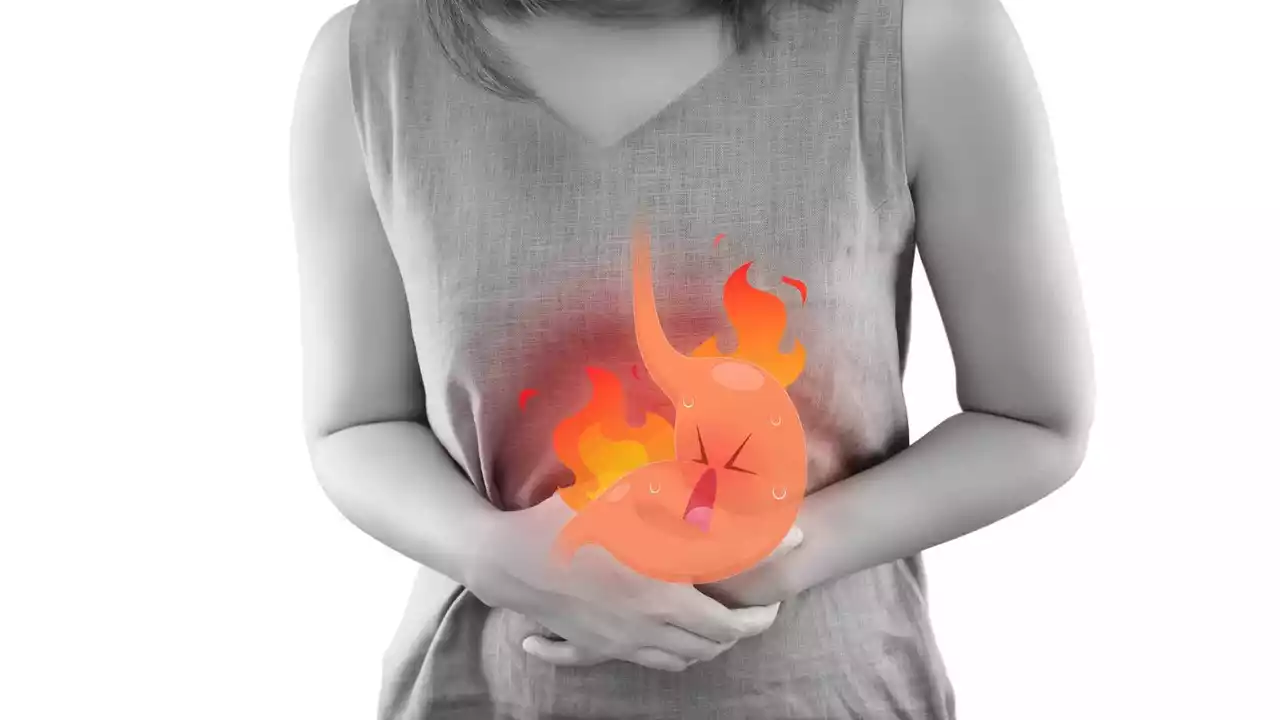Digestive Disorders: Symptoms, Causes, and Simple Relief Tips
If your stomach feels off, you’re not alone. Millions deal with bloating, gas, nausea, or irregular bowel moves every day. Those issues fall under the umbrella of digestive disorders – a group of conditions that affect how food moves through your gut.
Common Types of Digestive Issues
Most people first notice indigestion, also called dyspepsia. It shows up as burning in the upper belly, fullness after small meals, or occasional hiccups. Irritable bowel syndrome (IBS) is another frequent complaint; it causes cramping, diarrhea, and constipation that come and go without a clear cause.
Acid reflux or GERD pushes stomach acid back up the esophagus, leading to heartburn and a sour taste. Gastritis inflames the stomach lining and can make you feel nauseous or vomit blood if it’s severe. Finally, food intolerances like lactose or gluten sensitivity trigger bloating, gas, and watery stools after certain meals.
How to Manage Everyday Discomfort
First thing – look at what you eat. Heavy, fried foods and large portions often overload the stomach. Try smaller meals spread throughout the day and include fiber‑rich veggies, whole grains, and lean protein. Drinking water between meals, not during, helps digestion without diluting stomach acids.
If you notice a pattern (e.g., symptoms after dairy), consider an elimination trial for two weeks. Keep a simple food journal: note what you eat, when symptoms start, and how long they last. This quick record often reveals hidden triggers.
Movement matters too. A short walk after eating can speed up stomach emptying and cut down on gas. Stress is a silent culprit; practice deep breathing, light stretching, or a five‑minute meditation when you feel tense.
When over‑the‑counter help feels right, antacids can calm heartburn for an hour or two. For occasional bloating, an enzyme supplement that contains lactase (if you’re dairy sensitive) or alpha‑galactosidase (for beans and veggies) may bring relief.
But don’t ignore warning signs. Persistent vomiting, black stools, sudden weight loss, or blood in your stool means it’s time to call a doctor. Those symptoms can signal ulcers, serious infections, or inflammatory bowel disease that need professional treatment.
At DivvyDose Pharmaceuticals we aim to make medication info easy. If you ever get a prescription for something like a proton‑pump inhibitor, an IBS‑specific antispasmodic, or a probiotic blend, read the label carefully and follow dosing instructions. When in doubt, ask your pharmacist – they can spot potential interactions with other meds you take.
Bottom line: most digestive troubles start with simple habits that you can tweak today. Eat smaller meals, stay active, track what hurts, and seek help if symptoms linger. Your gut will thank you, and you’ll feel lighter, faster, and more in control of your health.
The link between acid reflux and coughing
In my research, I've found a significant link between acid reflux and coughing. Acid reflux, or GERD, occurs when stomach acid flows back into the esophagus, causing discomfort and potentially leading to chronic coughing. This happens as the acid irritates the throat and airways, leading to persistent cough. It's important to note that this cough is often dry and typically increases after eating or when lying down. So, if you've been dealing with a nagging, unexplained cough, it may be worth checking in with your doctor about the possibility of acid reflux.

